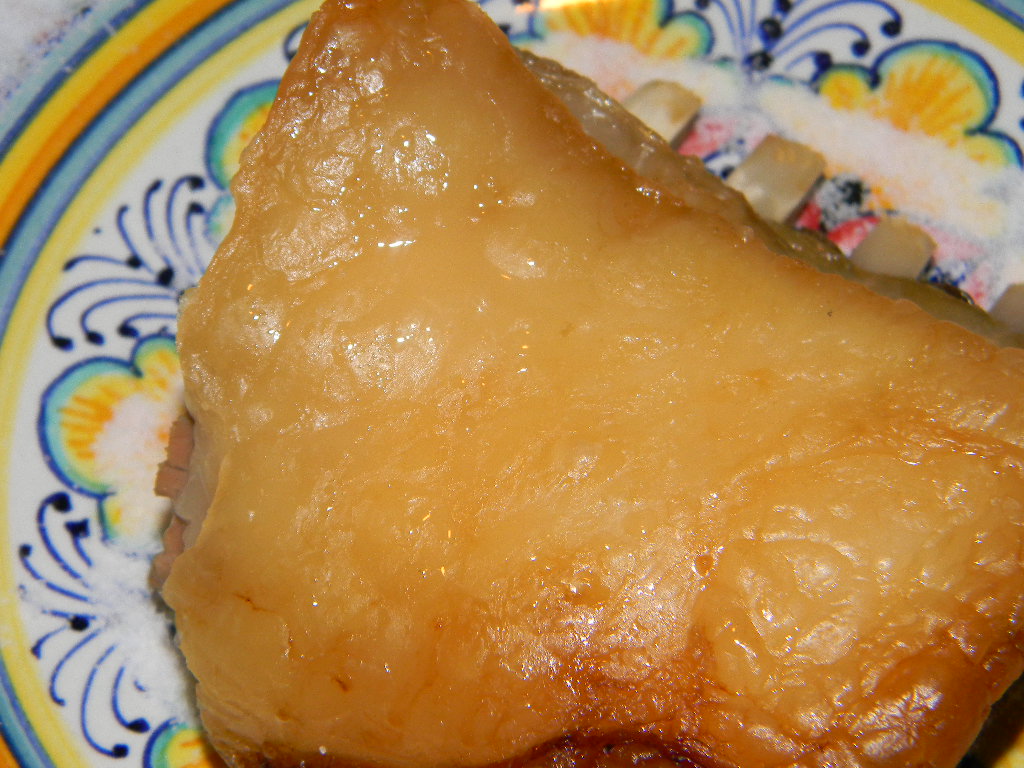Zero Carb Keto
Ecology and Ethology
I know most people do not probably think about ecology much. People are just trying to survive, get through their day, keep their families fed and clothed.
But intrinsically, when I see the modern way of life, it feels wrong to me.
Plastics are
everywhere. Even on the bottoms of the oceans now!! And inside the fish! Toxins are in human breast milk! In the documentary "Downstream", Sandra Steingraber explained that mother's milk is now the most toxic food that humans eat!
So I feel that the only answer is to vote with our dollar. We must purchase the foods and products that promote the health of the earth (and hence,
us!).
I also like the Native American concept that to take a thing, you must give up a thing. That is a really good philosophy! And would keep us from overconsuming.
So in my research, it seems that supporting locally raised, 100% grassfed, antibiotic and hormone free, rotationally grazed beef and lamb is one way to vote for ecology with my dollar.
Also, I have been making a great effort to stop using plastics as much as possible. I asked for my whole lamb shares to be wrapped in paper. (Works great!)
I have been phasing out my use of chemicals, and even trying to avoid omega 6 oil products such as lotions (and yes, that includes olive oil). I had been purchasing locally made goat milk soap, but it contains olive oil. So I am looking at other options.
For example, I have been reading about some traditional Native American and Mongolian products. A traditional Mongolian salve is made from bone marrow oil! I thought to myself, wow! That makes perfect sense! Bone marrow is chock full of omega 3 fatty acids, collagen, vitamin A, D, E, and K! And I have some in the fridge! So I tried a very sparing amount on my dry patch above my eye, and it is working so much better than lotion! Also sheep tail fat was part of their toiletries as well for moisturizer/balm, which I have not been able to get yet.
I read that some Native Americans used hair combs made of horn or porcupine quills. They would rinse their hair with herbal rinses, and sometimes use sweetgrass. So this morning I have experimented with an infusion made of rosemary and mint instead of shampoo! My hair is pretty oily usually, so hopefully this will work! I also read that Native Americans used collagen made from boiled animal's ears as a hair gel to keep their braids tidy and strong.
I have reverted back to wearing glasses instead of contacts to avoid the need for plastics and chemicals. I purchased reusable menstrual products, such as organic cotton pads and a natural rubber cup.
I have discontinued using any pharmaceuticals or supplements, since these end up in the water table.
I am trying to make sure any clothes that I purchase are 100% natural fibers. When we wash our clothes, the plastics in synthetic fibers leach into the water. But it is really hard to find 100% natural fiber clothes!! For example, elastane (also called spandex) is a synthetic polymer, and is in practically
all jeans, leggings, and tights. Then there is nylon, acrylic, rayon, viscose, polyester, polyamide, etc. All of these are made with some synthetic materials and can leach chemicals into the water table.
Also, there is all the use of plastics and synthetics in food production, from the packaging, to silicone cookware and utensils, to containers. Again, these
do not biodegrade and end up littering our oceans and beaches the world over.
I wanted to mention ethology too, which is natural animal behavior. I think this is an important part of the equation as well. We need to allow animals (including ourselves!) to practice natural behaviors. For animals, that means foraging on diverse pastures and woodlands, and for us, that means open space, fresh air, sunshine, physicality. And for all of us, freedom from chemicals and plastics, light pollution, air pollution, and noise pollution!
 |
Grassfed oxtail with sea salt
|


Comments
Post a Comment